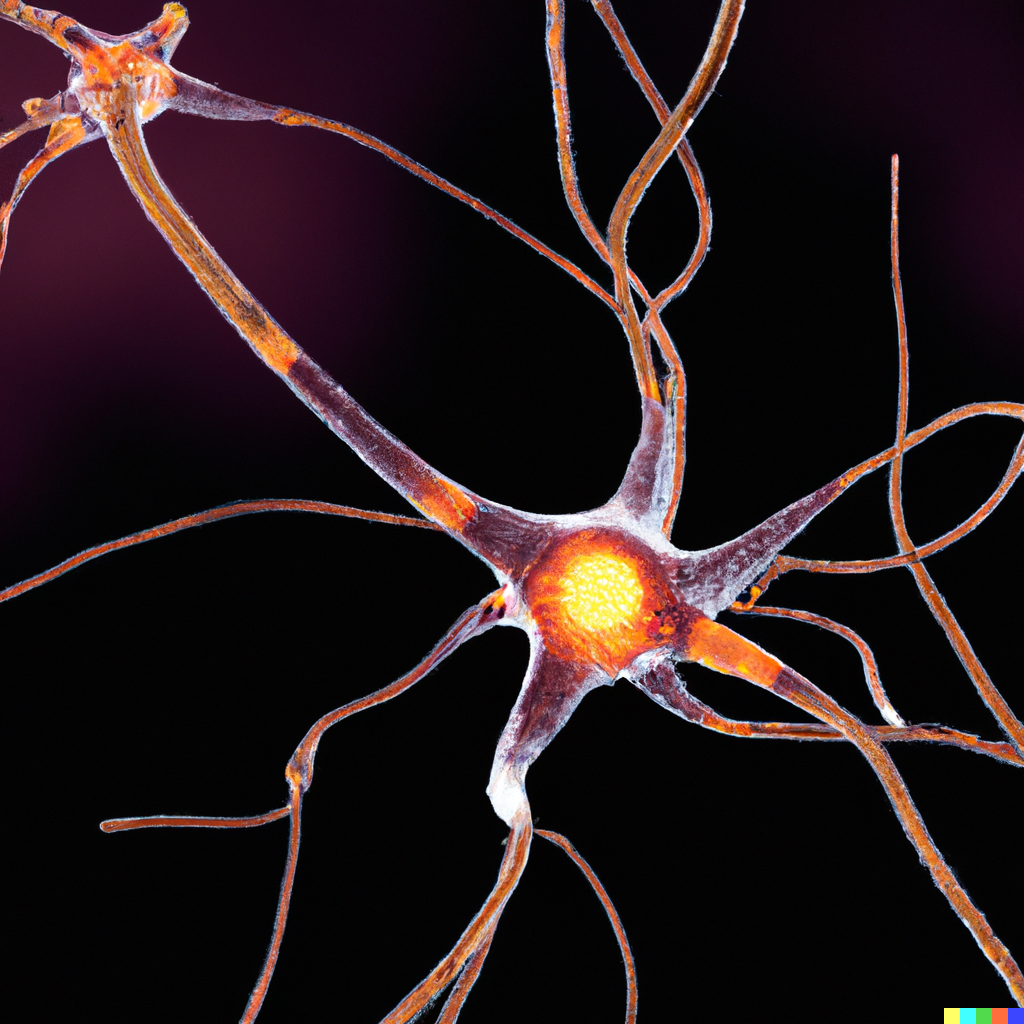Medicaid’s Support for Respite Services for Dementia Caregivers
Medicaid offers crucial support for caregivers of individuals with dementia through respite services. These services provide temporary relief, allowing caregivers to rest and recharge while ensuring their loved ones receive the care they need. Understanding how Medicaid supports respite care can be a lifeline for families facing the challenges of dementia care.
### What is Respite Care?
Respite care is a short-term care service designed to give caregivers a break. It can be provided in various settings, such as in the home or in a facility. This temporary relief is essential for caregivers who often sacrifice their own well-being to care for family members with dementia.
### Medicaid Coverage for Respite Care
Medicaid, a public health insurance program for low-income individuals, covers respite care through specific programs. The most common way Medicaid supports respite care is through Medicaid Waiver programs. These programs vary by state and are designed to help individuals who would otherwise need institutional care receive services in their homes or communities.
### Medicaid Waiver Programs
Medicaid Waiver programs, such as the Home and Community-Based Services (HCBS) Waivers, are particularly beneficial for families. These waivers allow individuals to receive services like respite care, personal care, and skilled nursing in their own homes or in community settings. While eligibility and benefits differ from state to state, these programs often focus on the individual’s medical needs rather than the family’s income, making them more accessible.
### Benefits for Dementia Caregivers
For caregivers of individuals with dementia, Medicaid’s support for respite care can be a significant relief. It allows them to take a break from their caregiving duties, which can be physically and emotionally demanding. This support is especially important as dementia progresses and care needs increase.
### How to Access Medicaid Respite Care
To access Medicaid-funded respite care, the individual receiving care must first qualify for Medicaid. This typically involves meeting specific income and resource requirements, which vary by state. Once qualified, families can explore available waiver programs and services in their area.
In summary, Medicaid’s support for respite services is a vital resource for dementia caregivers. By providing temporary relief and ensuring continuous care for loved ones, these services help maintain the well-being of both caregivers and those they care for.





